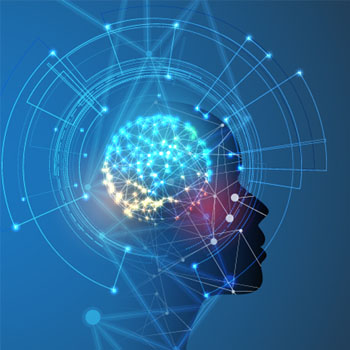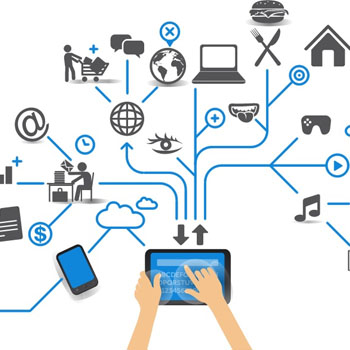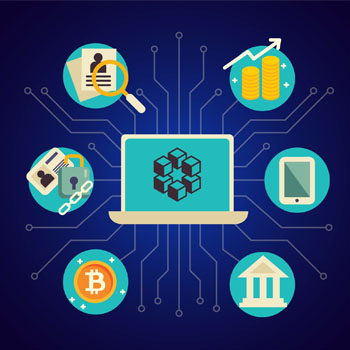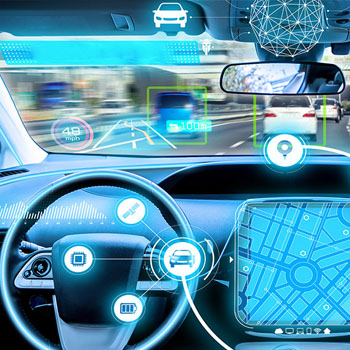
Adem Mert Kocakaya
Feb 23, 2023What is Digitalization?
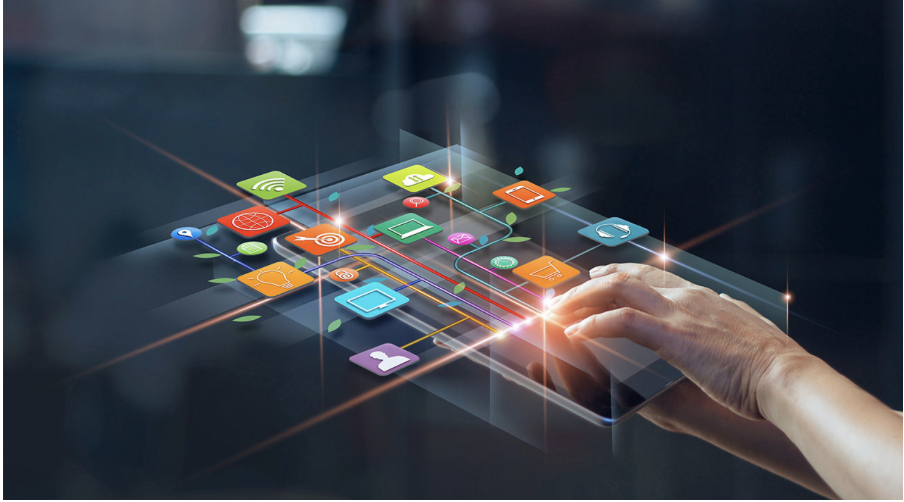
Digitalization is a process that emerges as a reflection of technological developments on human life. In this process, operations and activities carried out in an analog manner are transferred to the digital environment and performed digitally. The main purpose of digitalization is to carry out operations faster and more effectively.
What Is Digitalization? Effects of Digitalization
Digitalization creates a major impact in every field. In the business world, thanks to digitalization, companies become faster and more efficient. Communication, production, sales, and marketing processes are digitalized, increasing companies’ competitiveness. Digitalization also creates new business models and job opportunities.
In the field of education, digitalization also has a significant impact. Digital tools help students learn more effectively. Thanks to digital educational materials, students can access their lessons anytime and anywhere.
In the field of healthcare, digitalization also shows its effect. Digital health applications help patients monitor their health conditions and access healthcare services more quickly. Thanks to digitalization, medical records are stored digitally, and patients’ health information can be accessed quickly and easily.
As a result, digitalization is a process that positively affects human life in many areas. Many sectors such as businesses, educational institutions, and the healthcare industry are working to take advantage of the opportunities and benefits brought by digitalization.
What Are the Advantages of Digitalization?
The advantages of digitalization include speed, efficiency, accessibility, flexibility, and innovation. Digitalization allows people to carry out their operations quickly and work efficiently without wasting time. In this way, businesses can provide better services to their customers and increase their competitiveness. If we list the advantages of digitalization one by one:
- Speed: Thanks to digitalization, operations are carried out faster. For example, processing a file digitally instead of on paper is much quicker. In this way, processes are completed faster, and time loss is reduced.
- Efficiency: Digitalization enables operations to be carried out more efficiently. For example, a business can use digital invoices instead of paper invoices to perform billing operations more efficiently. This reduces the company’s workload and increases efficiency.
- Accessibility: Digitalization provides easier access to information and resources. For example, a student can access course materials online and study anytime and anywhere.
- Flexibility: Digitalization allows operations to be performed more flexibly. For example, a company can create a more flexible working environment by allowing employees to work from home.
- Innovation: Digitalization creates new business models and opportunities. For example, a company can gain new customers by using digital marketing strategies or increase its market share by developing new products.
What Are the Disadvantages of Digitalization?
The disadvantages of digitalization include security issues, addiction, privacy concerns, and the digital divide. Digitalization also brings along security problems such as increased cybercrime, online threats, and data breaches with the use of the internet. In addition, the use of digital technologies can lead to addiction, which can be particularly risky for children and young people. If we list the disadvantages of digitalization one by one:
- Security issues: Digitalization also brings security problems such as cybercrime, online threats, and data breaches with increased internet use. For example, many people may be exposed to online threats such as fraud, phishing, and ransomware.
- Addiction: The use of digital technologies can create addiction and can be particularly risky for children and young people. For example, excessive use of social media, video games, or other online applications can lead to social and emotional problems.
- Privacy concerns: Digitalization can create problems regarding the privacy of personal life. In particular, digital technologies such as the internet and social media can cause personal information to be easily shared, which may result in the violation of personal privacy.
- Digital divide: Digitalization can cause inequality known as the digital divide when some people cannot access or use digital technologies. For example, low-income individuals, people living in rural areas, or the elderly may be disadvantaged in accessing digital technologies.
- Technological errors: Digitalization can also lead to technological errors. For example, a system error or data loss can become a serious problem for businesses or organizations.
What Awaits Digitalization in the Future? New Technologies to Enter Our Lives
With the rapid development of digitalization, many innovations are expected in digital fields in the future. Among these, areas such as artificial intelligence, the Internet of Things, blockchain technology, 5G technology, cybersecurity, and autonomous systems will play an important role.
Artificial Intelligence (AI)
Artificial intelligence enables computers to gain human-like learning and decision-making abilities. In the future, AI technologies will be further developed, and their areas of application will increase. These technologies will be used in healthcare, transportation, agriculture, education, businesses, and many other areas.
Internet of Things (IoT)
The Internet of Things refers to connecting all kinds of devices to the internet and enabling them to communicate with each other. This technology can be used everywhere, from our homes to our cities. Thanks to IoT technology, smart homes, smart cities, smart cars, and many more innovations will enter our lives.
Blockchain Technology
Blockchain technology provides a decentralized and secure data storage and communication system. Areas of use for this technology include finance, healthcare, insurance, transportation, logistics, and many more.
5G Technology
5G technology provides faster internet connection, lower latency, and more device connections. Thanks to the use of this technology, smart cities, smart factories, autonomous vehicles, and many more innovations will enter our lives.
Cybersecurity
The rapid development of digitalization also leads to an increase in cyberattacks. In the future, cybersecurity technologies will be further developed to create safer digital environments.
Autonomous Systems
Autonomous systems are systems that can operate without human intervention. Application areas of these technologies include autonomous vehicles, unmanned aerial vehicles, autonomous factories, and many more.
The development of all these technologies is expected to further spread digitalization and penetrate every aspect of our lives.
More resources
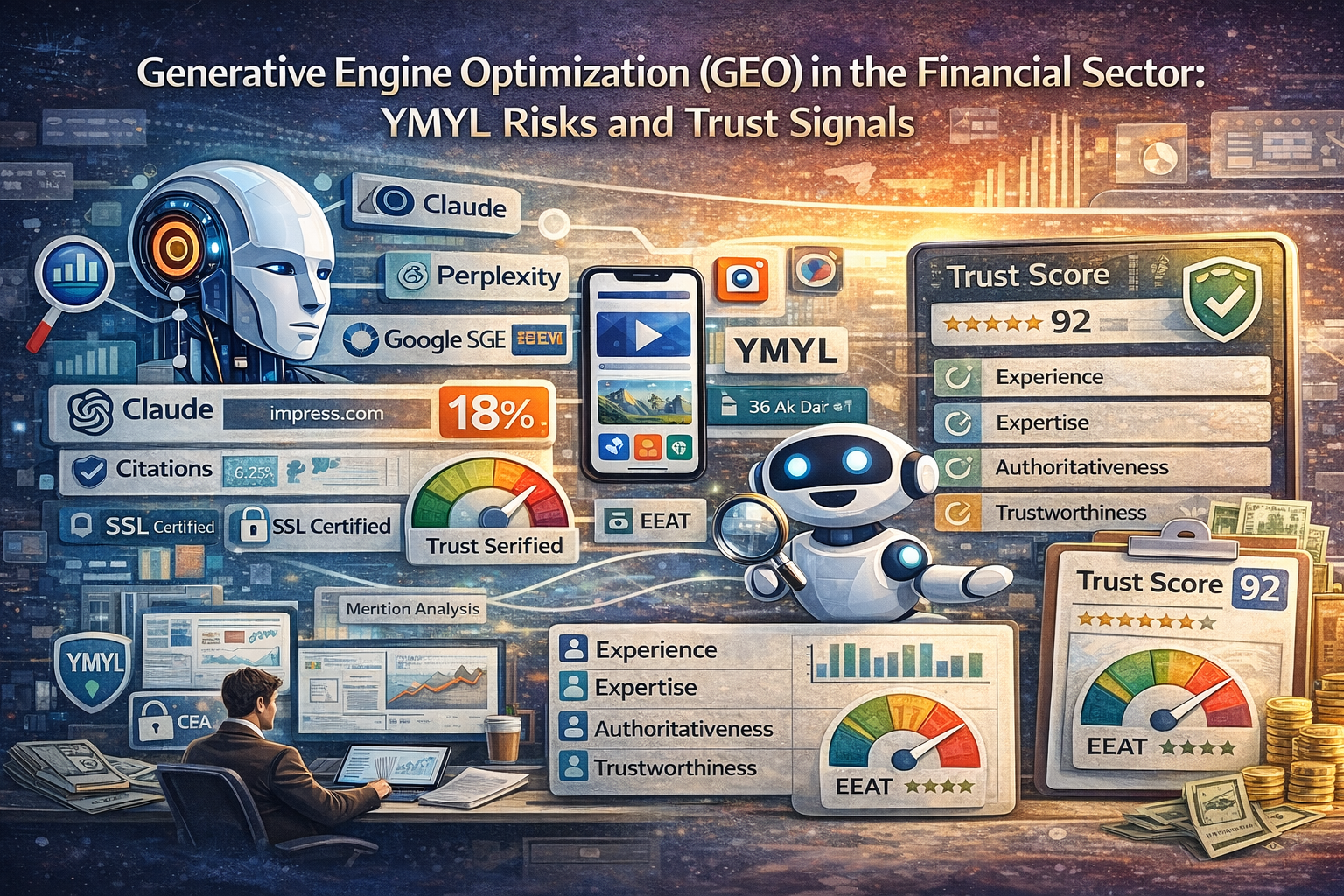
Generative Engine Optimization (GEO) in the Financial Sector: YMYL Risks and Trust Signals
With the integration of artificial intelligence technologies into the search engine ecosystem, the t...
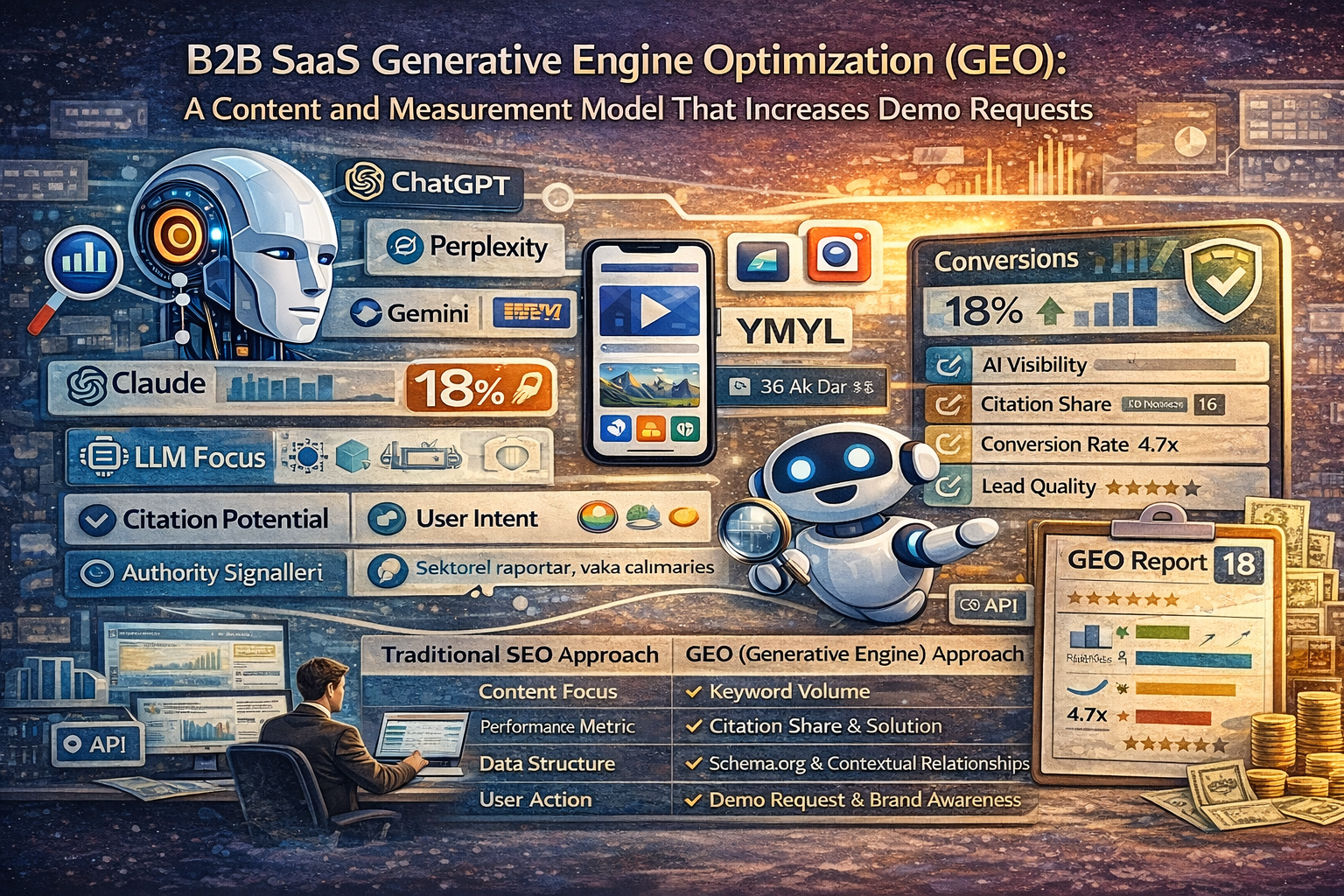
B2B SaaS Generative Engine Optimization (GEO): A Content and Measurement Model That Increases Demo Requests
The digital marketing world is undergoing a major evolution from traditional search engine optimizat...

What Is a Source Term Vector?
A Source Term Vector is a conceptual expertise profile that shows which topics a website is associat...


